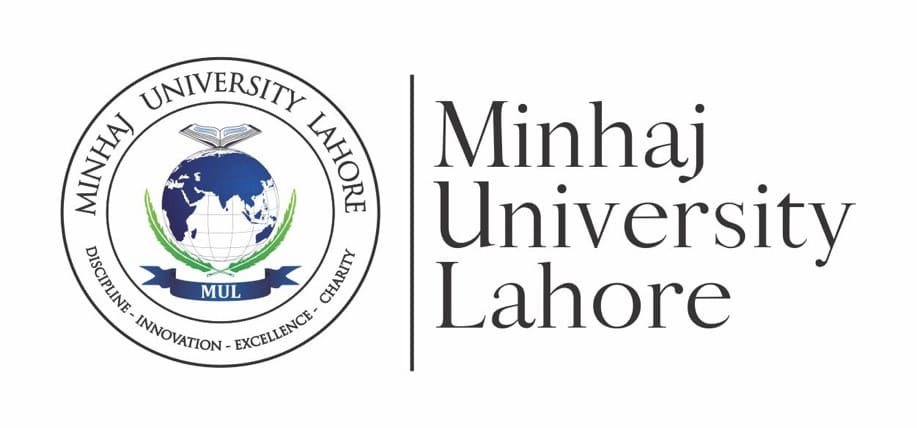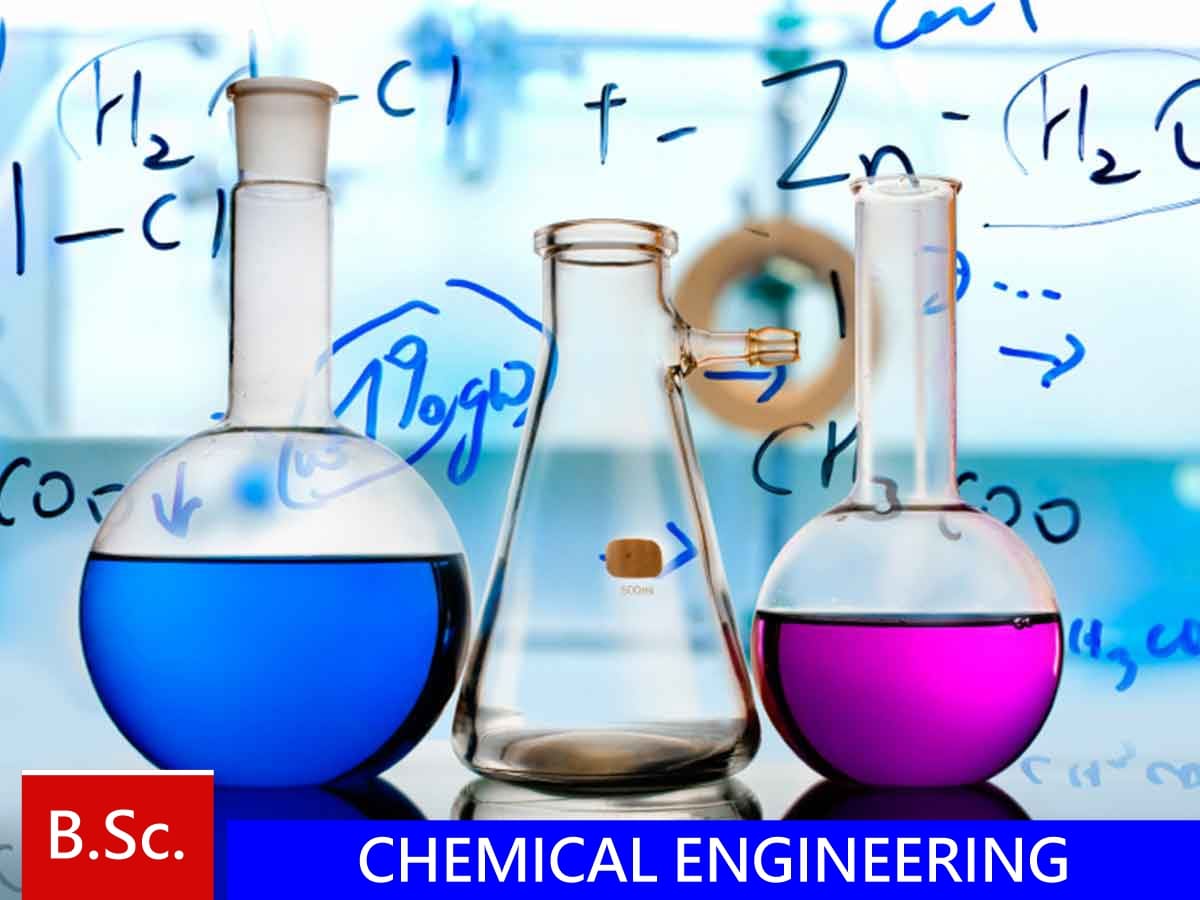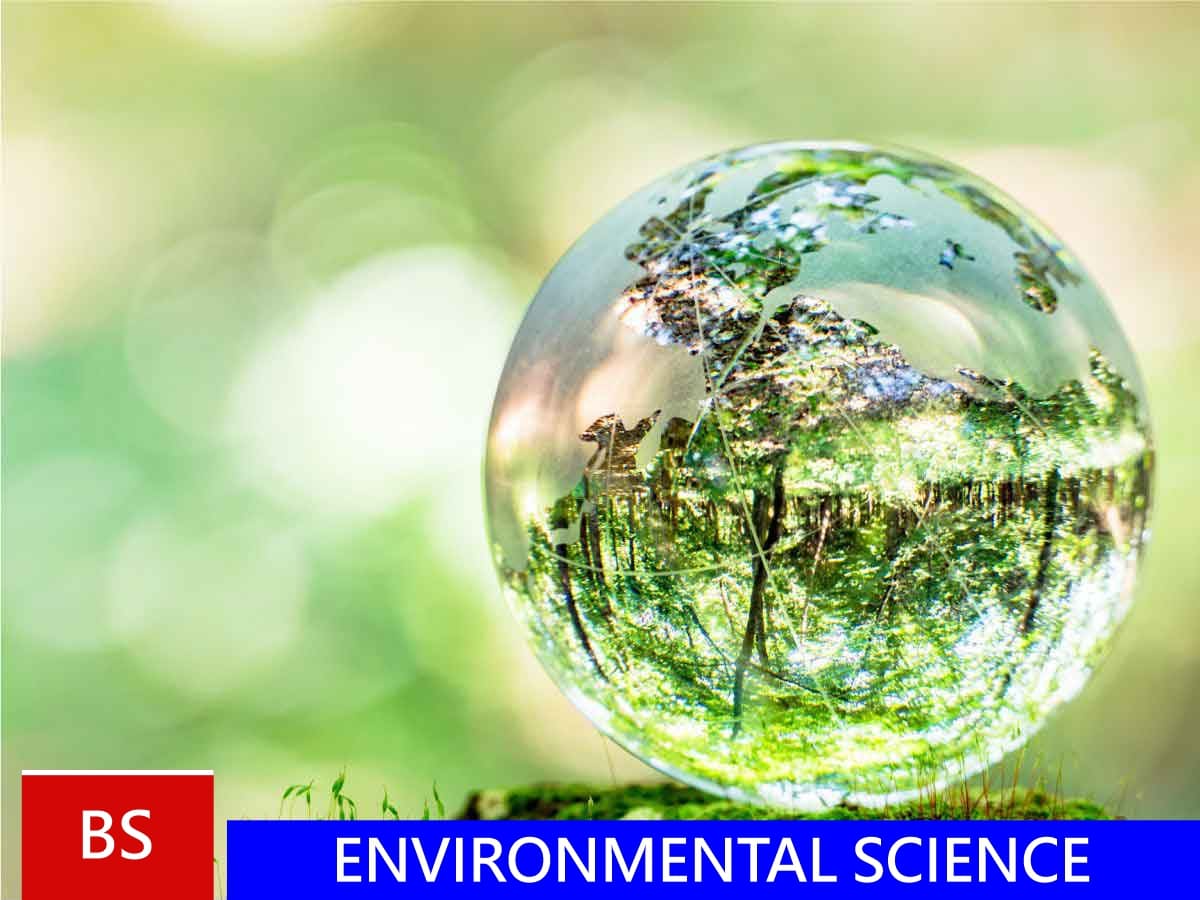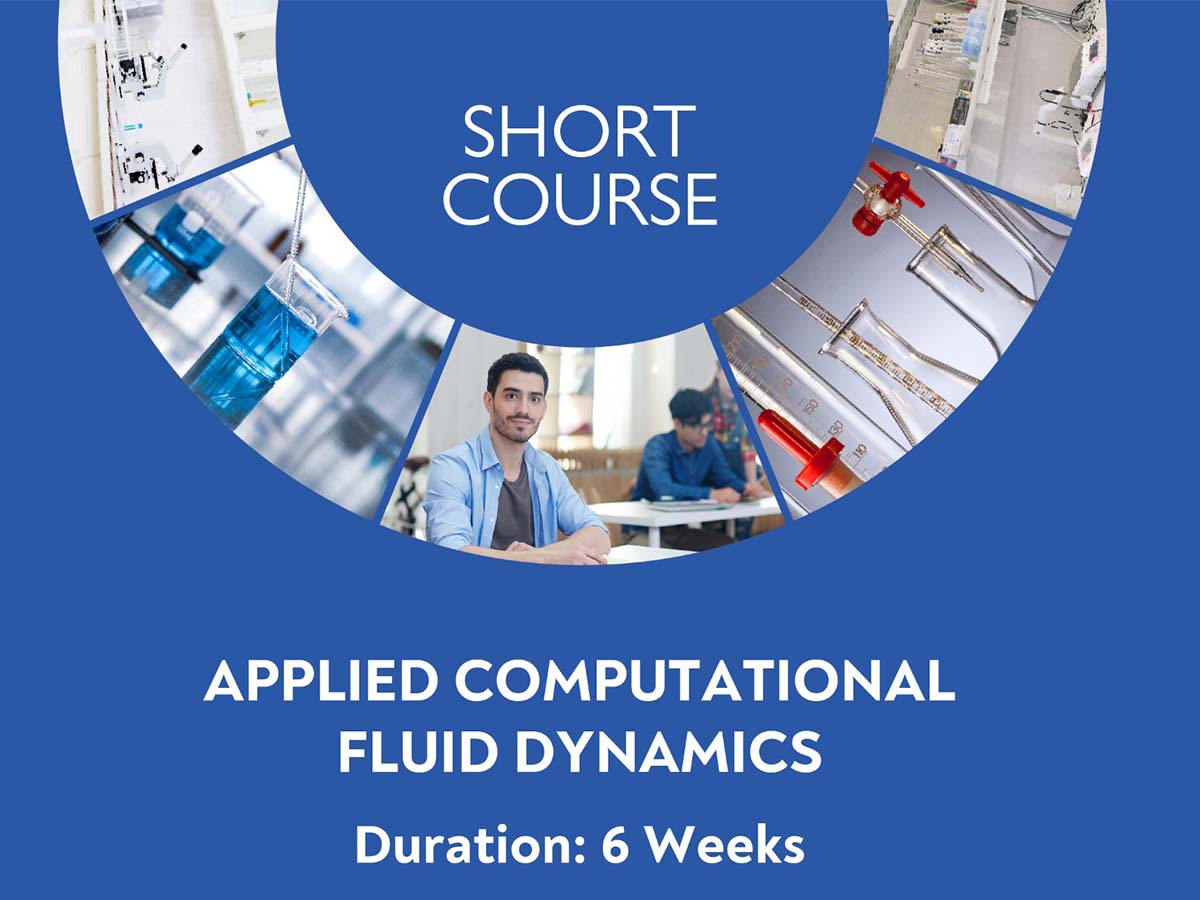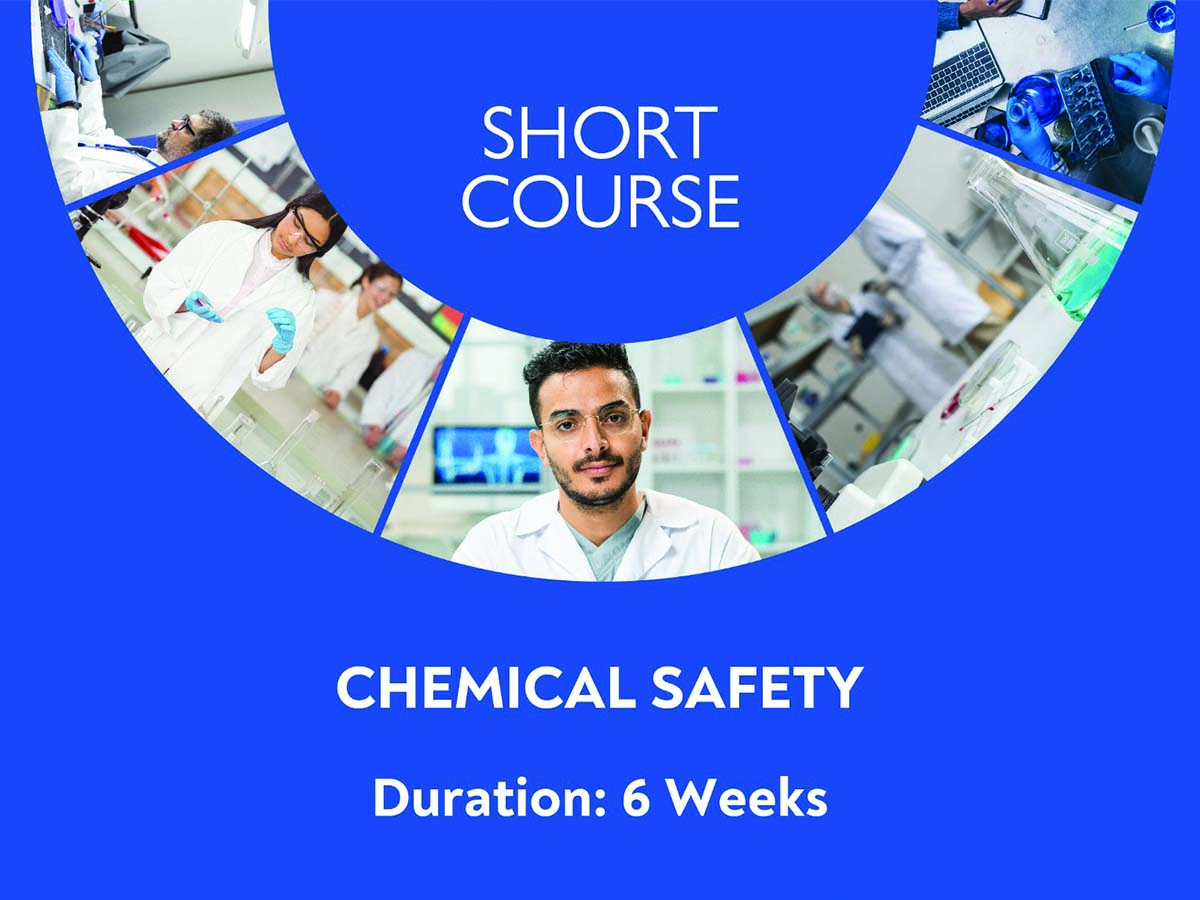| Sr. No |
PLO/ GA |
Description |
| 1 |
Engineering Knowledge |
Apply knowledge of mathematics, natural science, engineering fundamentals and Engineering specialization to the solution of complex engineering problems (WK1-WK4). |
| 2 |
Problem Analysis |
Identify, formulate, conduct research literature, and analyze complex Engineering problems reaching substantiated conclusions using first principles of mathematics, natural sciences and engineering sciences (WK1-WK4). |
| 3 |
Design/ Development of Solutions |
An ability to design solutions for complex engineering problems and design systems, components or processes that meet specified needs with appropriate consideration for public health and safety, cultural, societal, and environmental considerations (WK-5). |
| 4 |
Investigation |
Conduct investigation of complex Engineering problems using research-based knowledge and research methods, including design of experiments, analysis and interpretation of data, and synthesis of information to provide valid conclusions (WK-8). |
| 5 |
Tools Usage |
Create, select and apply appropriate techniques, resources, and modern engineering and IT tools, including prediction and modeling, to complex Engineering problems, with an understanding of the limitations (WK-2 and WK-6). |
| 6 |
The Engineer and the World |
Analyze and evaluate sustainable development impacts to society, the economy, sustainability, health and safety, legal frameworks, and the environment while solving complex engineering problems (WK-1, WK-5, and WK-7). |
| 7 |
ETHICS |
Apply ethical principles and commit to professional ethics and norms of engineering practice and adhere to relevant national and international laws. Demonstrate an understanding of the need for diversity and inclusion (WK-9). |
| 8 |
Individual and Collaborative Team Work |
Function effectively as an individual, and as a member or leader in diverse and inclusive teams and in multi-disciplinary, face-to-face, remote and distributed settings (WK-9). |
| 9 |
Communication |
Communicate effectively and inclusively on complex engineering activities with the engineering community and with society at large, such as being able to comprehend and write effective reports and design documentation, and make effective presentations, taking into account cultural, language, and learning differences (WK-1 and WK-9). |
| 10 |
Project Management and Finance |
Demonstrate knowledge and understanding of engineering management principles and economic decision-making and apply these to one's own work, as a member and leader in a team, to manage projects in multidisciplinary environments (WK-2 and WK-5). |
| 11 |
Lifelong Learning |
Recognize the need for, and have the preparation and ability for i) independent and life-long learning ii) adaptability to new and emerging technologies and iii) critical thinking in the broadest context of technological change (WK-8 and WK-9). |
